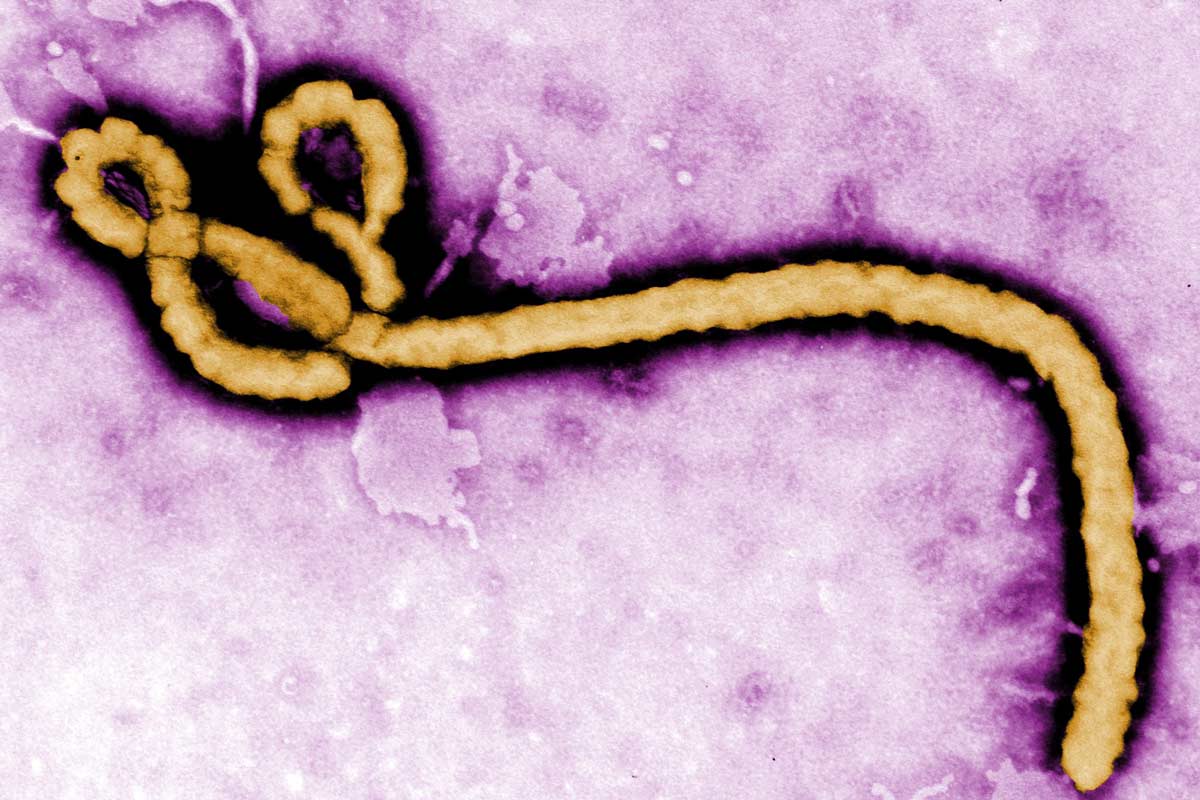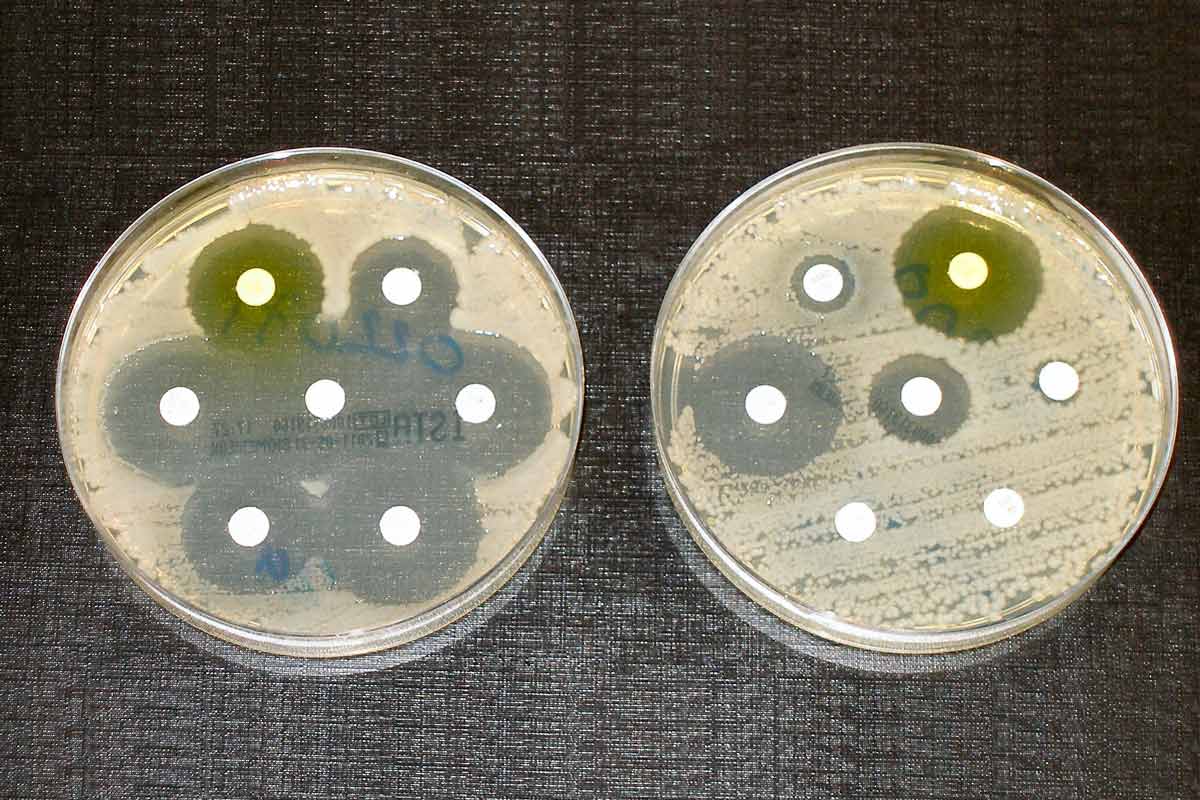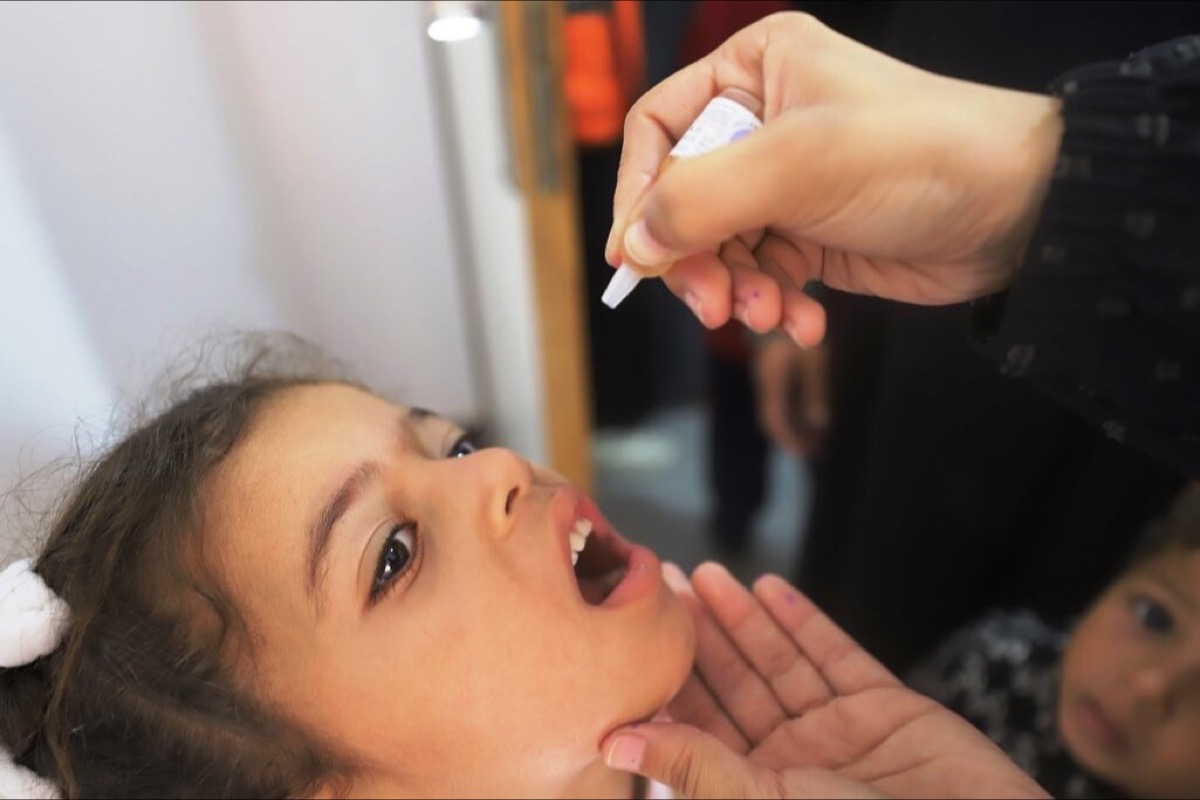COVID-19 may accelerate dangerous hardening of the arteries
Researchers have identified new clues about why COVID-19 infection increases the risk of longer-term heart attacks and heart failure.
- 4 February 2025
- 4 min read
- by Linda Geddes

COVID-19 may hasten the growth of atherosclerotic plaques in the arteries supplying blood to the heart, potentially resulting in a heavier burden of patients with cardiovascular disease in coming years, experts warn.
The finding adds to growing evidence of the toll that COVID-19 can take on the heart, with previous studies linking the infection to an increased risk of blood clots, heartbeat irregularities, heart muscle inflammation (myocarditis), heart failure and heart attack in the year following infection.
Although the mechanism underlying this risk isn’t entirely understood, COVID-19 is known to trigger an extreme inflammatory response in some patients.
Since chronic inflammation is a known risk factor for the development and progression of atherosclerosis – where the arteries stiffen and become narrowed due to a build-up of plaque within their walls – Dr Junbo Ge at Zhongshan Hospital in Shanghai, China, and colleagues wondered how COVID-19 might affect levels of inflammation and plaque progression in the coronary arteries supplying blood to the heart.
Plaque build-up in these arteries is known as coronary artery disease and can eventually lead to heart attack, abnormal heart rhythms or heart failure if left untreated.
To investigate, Ge and colleagues turned to 3D scans of the heart and coronary arteries from 803 patients who underwent at least two such examinations before and during the COVID-19 pandemic. Of these, 690 patients caught COVID-19 at some point between their first and final scan, while the remainder did not.
“From a public health perspective, the association between mild COVID-19 infection, plaque progression, and cardiovascular events is concerning as we approach 800 million confirmed COVID-19 cases worldwide.”
- Dr Jonathan Weir-McCall, King’s College London, UK; Dr Jack Bell, Liverpool Centre for Cardiovascular Science, UK
The researchers looked at how the volume of plaque changed during this period, whether any high-risk plaques or inflammation could be detected and also whether the patients experienced any cardiovascular events such as a heart attacks.
The research, published in Radiology, found that plaque volumes grew at a faster rate in patients who caught COVID-19 and were at greater risk of developing into high-risk plaques – ones that are more likely to break away from the blood vessel and cause a dangerous blood clot – compared to patients who avoided infection (20.1% versus 15.8%).
Their arteries were also more likely to be inflamed, and they were at a three-fold greater risk of so-called ‘target lesion failure’ (10.4% versus 3.1%), an indicator of increased heart attack or stroke risk.
The findings suggest that SARS-CoV-2 infection may boost cardiovascular risk by accelerating the progression of susceptible plaques and coronary inflammation.
“It’s crucial to anticipate a heavier cardiovascular patient burden in the future as most infected individuals recover from acute SARS-CoV-2 infection,” Ge said.
Writing in an associated editorial, Dr Jonathan Weir-McCall at King’s College London and Dr Jack Bell at the Liverpool Centre for Cardiovascular Science in Liverpool, UK, said it was interesting that mild COVID-19 infection appeared to increase the rate of plaque progression.
Although there are shared biological pathways linking atherosclerosis and the so-called cytokine storm observed in severe COVID-19, “this is less likely to be relevant for mild infection,” they said.
Have you read?
Rather, the higher incidence of arterial inflammation was likely to stem from persistent but more localised inflammation, which could be caused by lingering pieces of the virus, immune dysregulation or blood vessel damage.
“From a public health perspective, the association between mild COVID-19 infection, plaque progression, and cardiovascular events is concerning as we approach 800 million confirmed COVID-19 cases worldwide,” they added.
"If these findings are replicated in other populations, and across the spectrum of COVID-19 severity, the question then becomes one of how best to integrate COVID-19 into the cardiovascular preventative care pathway.
“Action is required to bring together the clinical trials necessary to assess potential treatment strategies, such as anti-inflammatory medications and statins, to reduce inflammation and prevent plaque progression in patients at high-risk for future cardiovascular events.”









